Iceland Loses Its Mosquito-Free Status: What This Tiny Insect Reveals About a Warming Planet
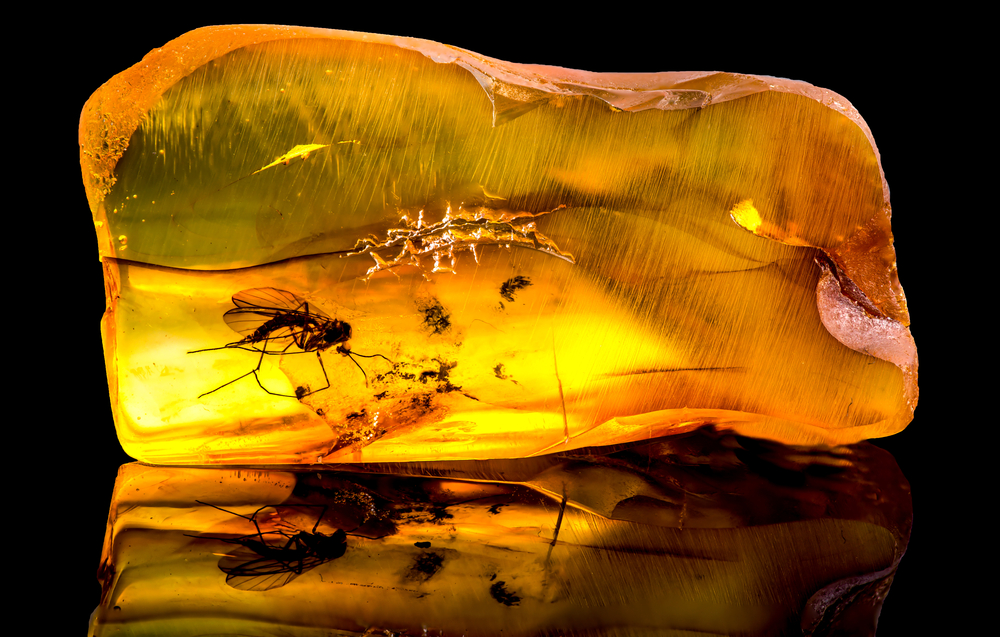
For centuries, Iceland stood as a fortress of frost, a place where even the most persistent of pests could not survive. Its icy winds, unpredictable seasons, and near-constant cold made it one of the few places on Earth untouched by mosquitoes. But in October 2025, that changed. A tiny winged visitor broke through the island’s natural defenses, carrying with it a message far louder than its buzz: the planet is changing, and no corner is beyond reach.
It is strange to think that something so small can represent something so immense. A mosquito’s arrival might not sound like much, but in a world of rising temperatures and shifting ecosystems, it is a signal. It is a quiet, persistent reminder that nature keeps score. Iceland, once protected by its cold, is now warming fast enough to invite guests it never had to host. That should make us pause, not out of fear, but out of recognition. The Earth is talking to us in its own language, and we would be wise to listen.
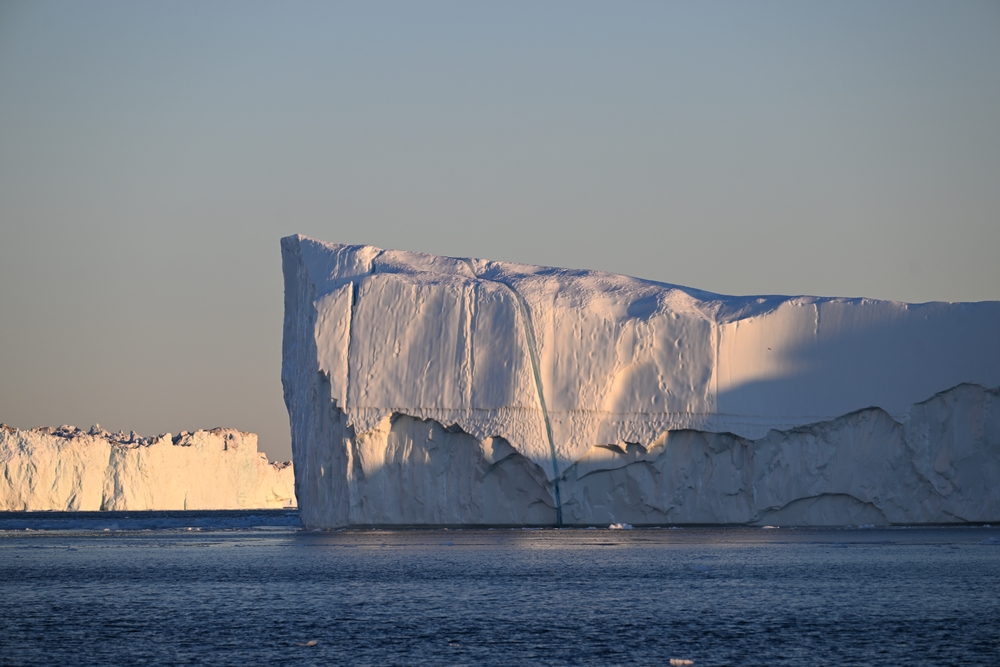
A Discovery That Shook the Frozen North
It started with a bug trap and a curious eye. On October 16, 2025, insect collector Björn Hjaltason noticed something unusual while surveying in the Kjós municipality, just north of Reykjavik. Inside his trap was a mosquito, a female of the species Culiseta annulata, a kind hardy enough to survive Siberian winters. Over the next two days, Hjaltason caught a male and another female, confirming what no one in Iceland had ever confirmed before: mosquitoes had arrived. It was a discovery that left even seasoned naturalists astonished, a biological first that carries both scientific and symbolic weight.
The specimens were sent to the Icelandic Institute of Natural History, where entomologist Matthías Alfreðsson verified the find. The identification was precise. These were mosquitoes known for surviving extreme cold, the same species that thrives across northern Eurasia. In Siberia, they endure months of freezing darkness by entering diapause, a metabolic slowdown similar to hibernation, waiting patiently for the warmth of spring. For years, scientists had assumed Iceland’s unpredictable freeze-thaw cycles and geothermal pools made permanent mosquito populations impossible. But nature adapts faster than we think. In a world warming beyond its historical limits, barriers that once stood firm are beginning to fall.
For Iceland, this discovery is not just a curiosity for entomologists. It is a cultural moment. The country’s folklore is filled with tales of endurance against harsh elements, from volcanic eruptions to glacier storms. To now face a creature that thrives in warmth is an almost poetic irony. It feels as though the land of ice and fire is witnessing its myth rewritten, one mosquito at a time.
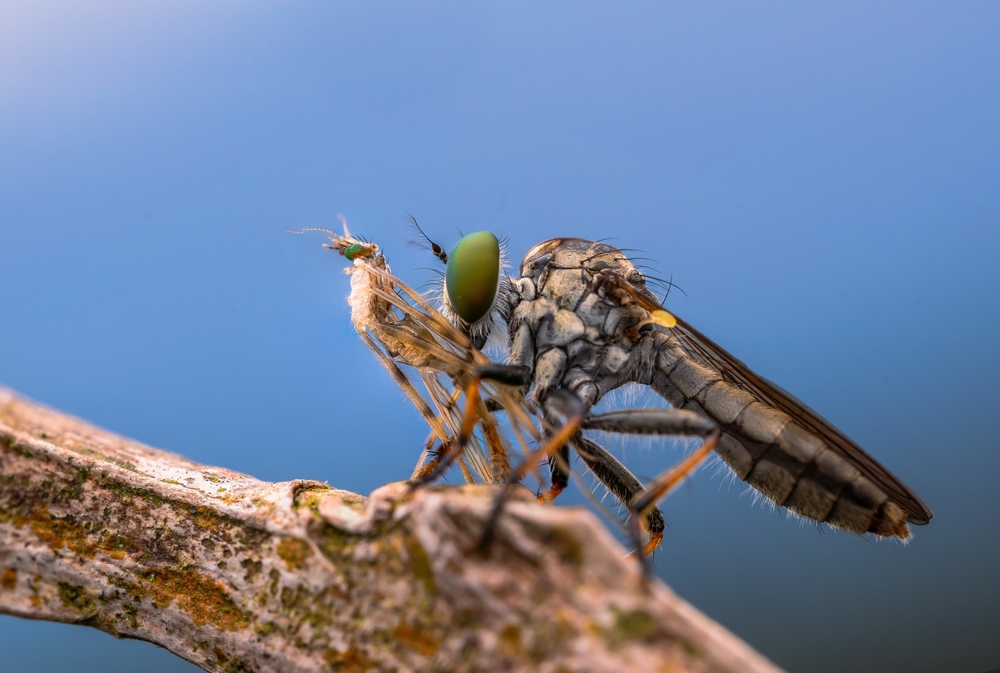
The Heat That Opened the Door
Iceland’s summer of 2025 was one for the record books. It experienced its hottest May in recorded history, followed by a series of heatwaves that pushed temperatures well beyond normal. Meteorologists noted that average temperatures were nearly two degrees Celsius higher than the decade prior. That might not sound like much, but for ecosystems balanced on the knife edge of cold and warmth, two degrees is the difference between preservation and transformation.
That kind of heat does not just make headlines, it changes ecosystems. It stretches out the breeding season for insects, allows larvae to mature faster, and keeps standing water unfrozen for longer periods. In short, it turns Iceland’s once inhospitable landscape into prime mosquito territory. The standing pools that dot the countryside, once frozen solid by early autumn, now linger unfrozen deep into the season. Even a few extra weeks of warmth can mean exponential population growth for insects whose reproductive cycles depend on temperature.
The ripple effect goes further. Birds, fish, and amphibians that once relied on predictable seasonal cues must now adapt to new rhythms. As one species enters, others may struggle to survive in this newly balanced ecosystem. Climate change is not a single event but a cascade of changes, subtle, interlinked, and compounding. The warmth that welcomed the mosquito did not just alter the air; it reshaped the invisible web of life that holds Iceland together.
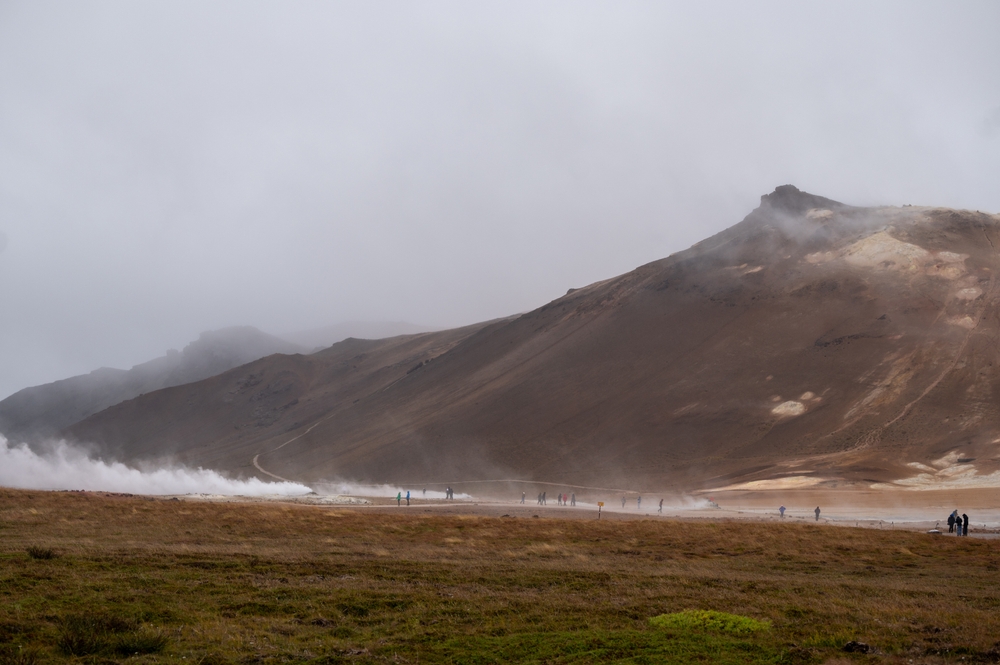
The Last Barrier Falls
With mosquitoes now confirmed in Iceland, only Antarctica remains truly mosquito-free. The icy continent hosts just one native insect, the tiny, wingless Antarctic midge (Belgica antarctica). Everywhere else, mosquitoes have found a way to thrive, adapting to jungles, deserts, tundras, and now volcanic islands surrounded by frigid seas. This latest milestone is not only about geography. It is about the limits of resilience being rewritten in real time.
Björn Hjaltason called the discovery “the fall of the last stronghold.” The phrase resonates beyond science. In a world where glaciers melt faster than we can measure, the arrival of mosquitoes in Iceland is another reminder that isolation no longer means immunity. Climate change is the great equalizer. It reaches the high mountains, the deep oceans, the Arctic fringes, and the volcanic plateaus of Iceland alike.
For centuries, people thought of climate change as something that happens somewhere else. Floods in Bangladesh, wildfires in California, droughts in Africa, faraway places with faraway consequences. But the truth is simpler and more unsettling: there is no elsewhere. Every ecosystem is part of one living whole, and when warmth travels north, it carries with it the echoes of our global actions. The mosquitoes in Iceland are, in that sense, ambassadors of a warming world.
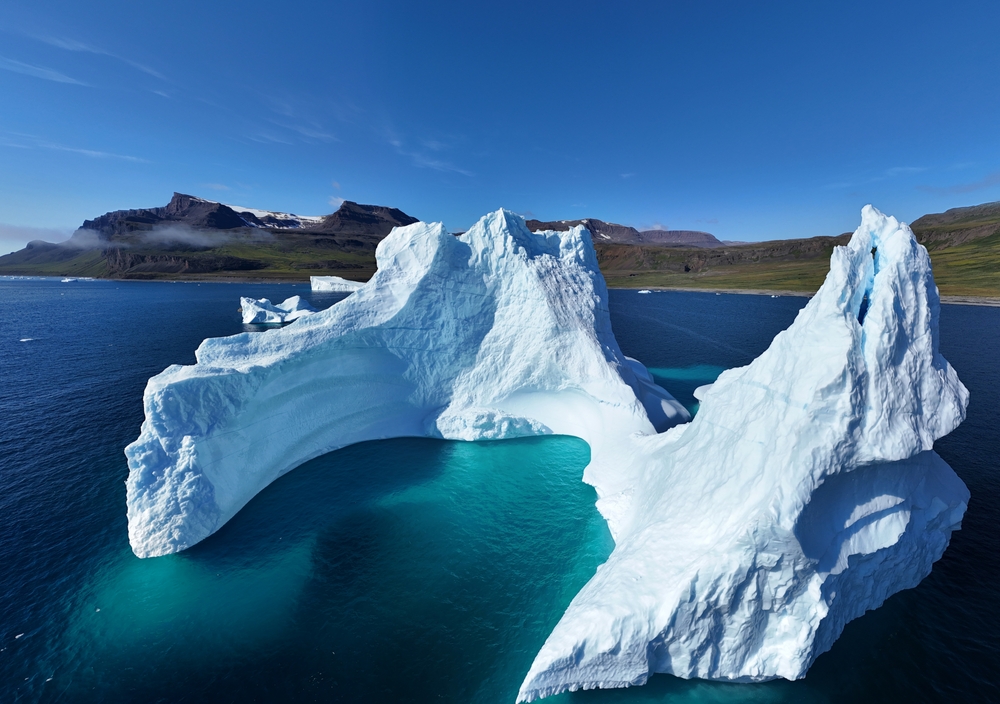
Beyond the Bite: Why This Matters
Mosquitoes are more than just pests. They are among the deadliest animals on the planet, responsible for over 700,000 deaths each year, mostly through the transmission of diseases like malaria, dengue, and Zika, according to the World Health Organization. While Culiseta annulata is not known to spread these illnesses, its presence symbolizes something larger: the creeping expansion of disease vectors as the world’s climate zones blur together.
Scientists have warned for years that as temperatures rise, mosquitoes carrying tropical diseases will move into new regions, putting billions at risk. Northern Europe, once considered too cold for such outbreaks, is already seeing local cases of dengue fever. Iceland’s mosquitoes might not carry disease yet, but their arrival shows how fragile that “too cold” barrier truly is. A few more degrees, a few more years, and even that could change.
The ecological shifts go beyond health. New species bring competition, predation, and transformation. Birds may begin feeding on the newcomers, while native insects may find themselves displaced. Ecosystems are like orchestras. Remove one instrument or change the tempo, and the whole symphony sounds different. When mosquitoes hum in Iceland, the song of nature is changing key.
What It Reveals About Us
There is a deeper truth behind all this buzzing. The mosquito is not just an insect; it is a messenger. It carries no intent, no malice, only evidence. Evidence of warming seas, melting glaciers, and a human story written in carbon and consequence. We tend to see nature as separate from ourselves, something “out there.” But the reality is, we are part of it. Every plane we fly, every car we drive, every meal we waste, these actions ripple outward until they land on the wings of a mosquito in Iceland.
Yet within that truth lies hope. The same species that altered the planet has the power to restore it. Innovation is our superpower. Renewable energy systems, regenerative farming, and reforestation projects all offer a path forward. The key is not despair but awareness. When we shift our mindset from domination to stewardship, change follows naturally.
As Prince Ea might say, “We do not inherit the Earth from our ancestors; we borrow it from our children.” The mosquito’s arrival is not the end of something beautiful, it is the beginning of a reckoning. It is a reminder that the world is alive, responsive, and waiting for us to act with responsibility and care.
Lessons From the Buzz
The first mosquito in Iceland may seem insignificant, almost trivial. But history has always turned on small things, a drop in temperature, a missing seed, a spark in dry grass. Just as the first melting glaciers hinted at planetary change, this insect’s arrival whispers the same truth: everything is connected. Every action, every degree, every choice echoes across the biosphere.
We can no longer pretend that nature’s changes are distant or irrelevant. When the smallest creatures begin to move, it means the foundations of the world are shifting. But within that movement is also an opportunity, a chance to wake up, to act, to protect what is left. Iceland’s mosquito moment is both a warning and a call to awareness. If a creature so fragile can adapt, what is stopping us?
The lesson is not one of guilt but of responsibility. We are part of the same web, breathing the same air, drinking the same water, living under the same sun. The mosquito’s arrival is a reminder that every act of preservation counts. Whether it is reducing our carbon footprint, supporting clean energy, or simply talking about the planet with others, we are shaping the future one small choice at a time.
A Choice on the Wind
Antarctica now stands alone, the last mosquito-free frontier. But even there, the ice is thinning. What happens next depends on us, on whether we see these signs for what they are: not doom, but direction. The planet is not crying out in anger; it is calling out for attention, for awareness, for balance.
The mosquito’s hum over Iceland is more than just sound. It is a story, a warning, a promise. It tells us that nature is still alive, still responsive, still willing to coexist if we meet it halfway. The question is not whether we can stop change, but whether we can change ourselves.
Because in the end, when the smallest wings reach the coldest lands, it is not the insects we should fear. It is the silence of human inaction. And that is something we still have the power to change.
Loading...

